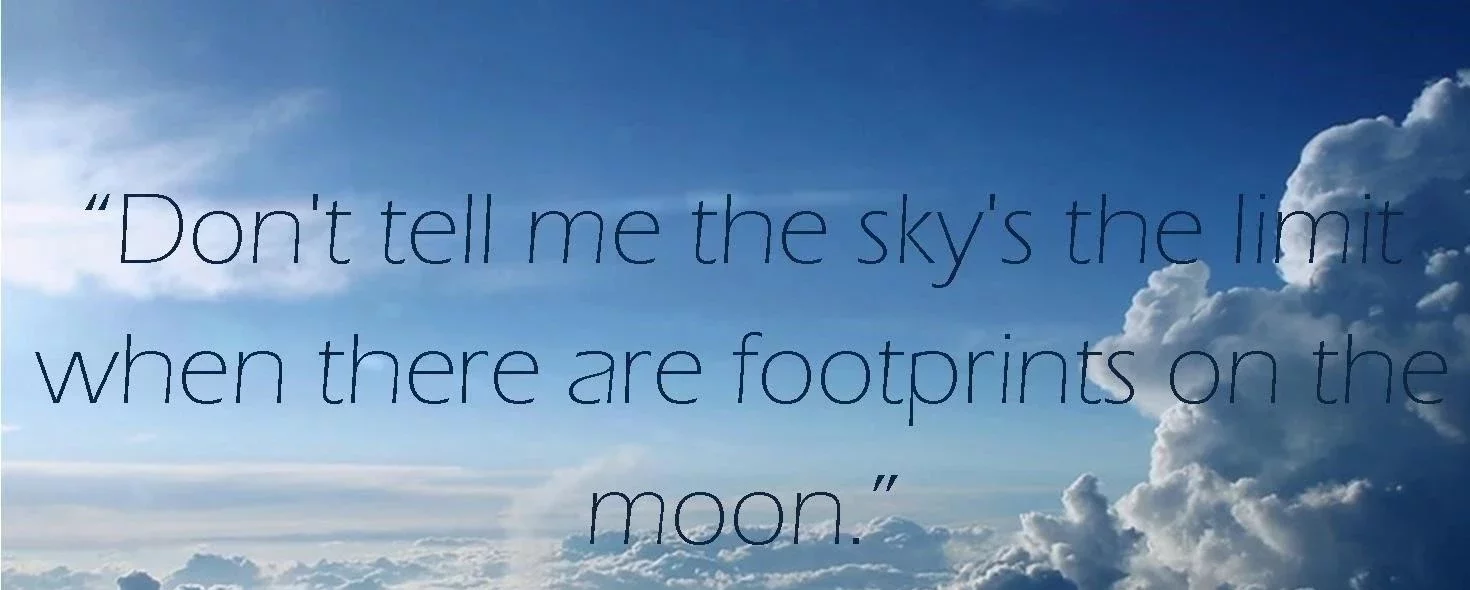The adage “the sky’s the limit” evokes a sense of boundless possibility, a notion deeply intertwined with the human fascination for space exploration. While our aspirations for venturing into the cosmos are vast, practical realities and fundamental limitations impose boundaries on how far we can realistically reach. This article explores the various constraints, both current and foreseeable, that shape the future of space travel.
Technological and Physical Barriers
Current rocket technology, while impressive, presents a significant hurdle. The sheer amount of fuel required for long-distance space travel poses logistical and engineering challenges. The tyranny of distance is compounded by the vastness of space itself. Even traveling at the speed of light, reaching other star systems would take years, decades, or even centuries. Developing propulsion systems that can achieve even a fraction of light speed remains a significant technological hurdle.
Moreover, the space environment itself is incredibly hostile. Extreme temperatures, radiation exposure, and the vacuum of space necessitate complex and robust spacecraft designs to protect both equipment and human life. Micrometeoroids, while tiny, pose a constant threat of impact damage, requiring advanced shielding and damage control measures.
The Human Factor
Beyond the technological challenges, human physiology presents its own set of limitations. Extended periods in microgravity result in bone loss, muscle atrophy, and cardiovascular issues. Radiation exposure increases the risk of cancer and other health problems. The psychological impact of isolation and confinement in a small spacecraft, far from Earth, is also a significant concern. Addressing these human factors requires extensive research and development in areas like artificial gravity, radiation shielding, and psychological support systems.
Economic and Political Realities
Space exploration is an expensive endeavor. The development and launch of spacecraft, along with ongoing mission operations, require substantial financial investment. Balancing the costs of space exploration with other societal needs often leads to debates about funding priorities. International cooperation plays a crucial role in sharing costs and expertise, but political considerations can sometimes complicate collaborative efforts.
The Limits of Knowledge
Our understanding of the universe is constantly evolving, but much remains unknown. Unforeseen challenges and discoveries may further constrain or expand the possibilities of space travel. The search for extraterrestrial life is a driving force behind many space missions, but the potential implications of encountering other intelligent life forms are unknown and could pose ethical and existential questions.
Pushing the Boundaries
Despite these limitations, the pursuit of space exploration continues. Scientists and engineers are constantly working to develop new technologies, improve spacecraft designs, and mitigate the risks to human health. International collaborations are fostering innovation and resource sharing. While the “sky’s the limit” may not be literally true, the human drive to explore and understand the universe remains a powerful motivator. The future of space travel will undoubtedly be shaped by the interplay of these limitations and our ongoing quest to push the boundaries of what is possible.
Beyond the Horizon
While we may not be able to reach every corner of the cosmos, the pursuit of space exploration has already yielded invaluable benefits. From satellite technology that enhances communication and navigation to scientific discoveries that deepen our understanding of the universe, the spin-offs from space research have profoundly impacted our lives. As we continue to explore, we can expect further advancements in fields like medicine, materials science, and energy production. While the ultimate limits of space travel remain to be seen, the journey itself continues to enrich our understanding of ourselves and our place in the universe.

